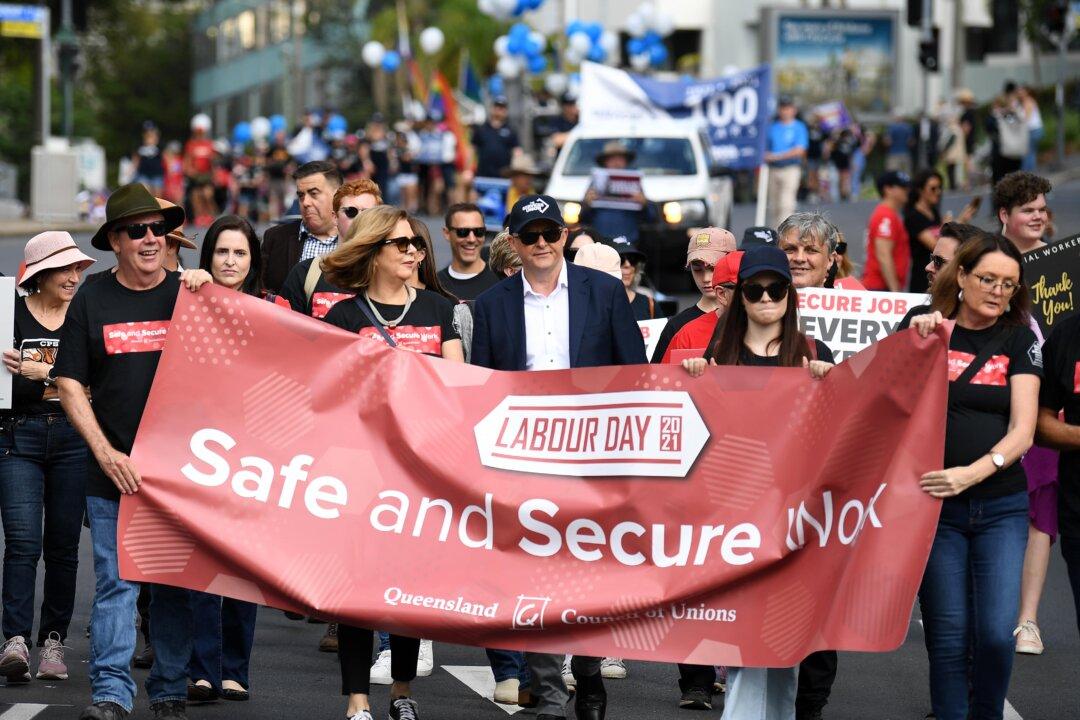The Commonwealth Public Service Union (CPSU) says the federal government should reinstate the Commonwealth Employment Services (CES) and put an end to the outsourcing of employment to recruitment agencies.
The CES existed prior to 1998, when the Coalition government, under Prime Minister John Howard, privatised the bureau to a large number of community-based providers to “ensure good quality services for job seekers and value for money for taxpayers.”




